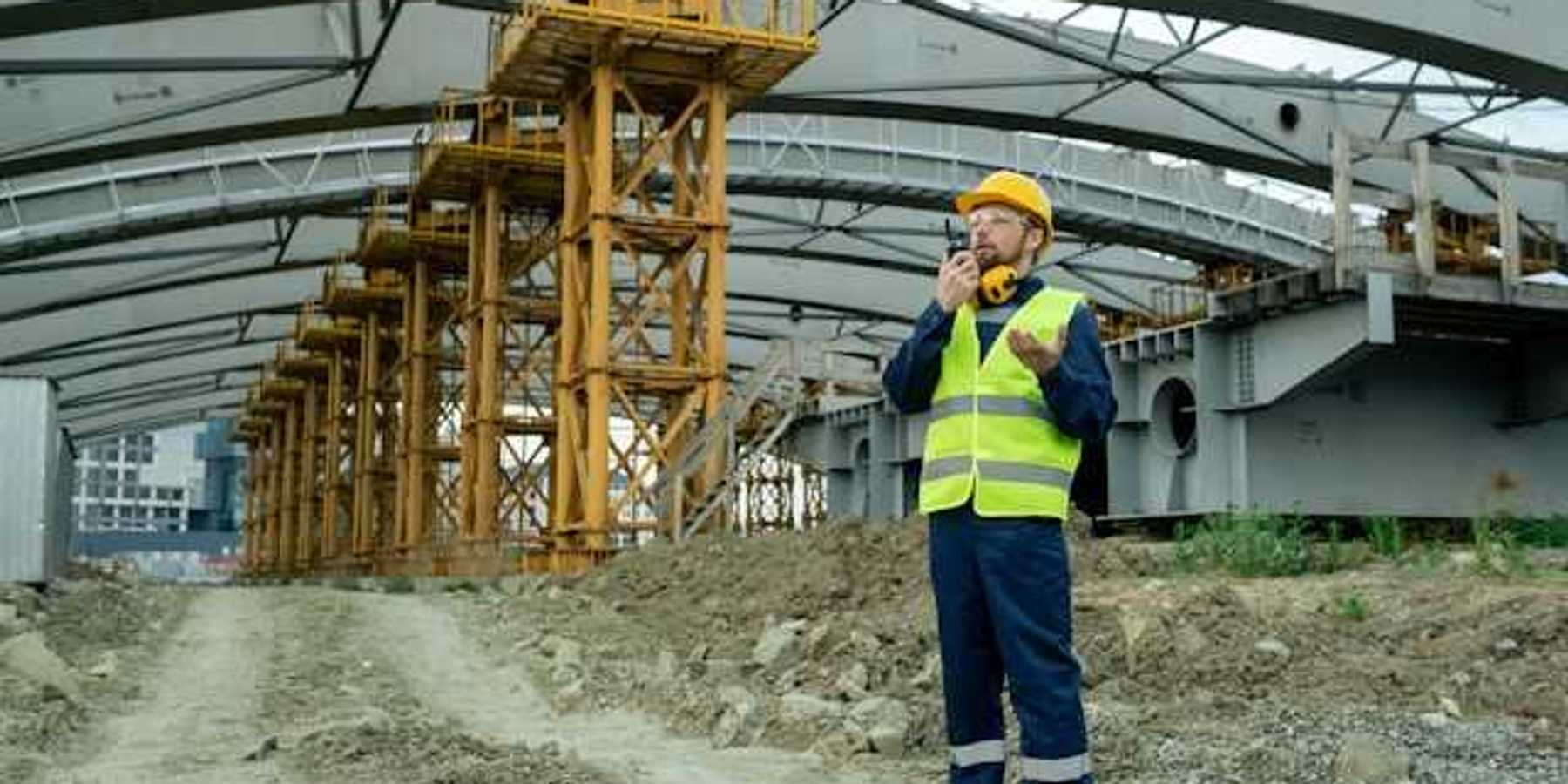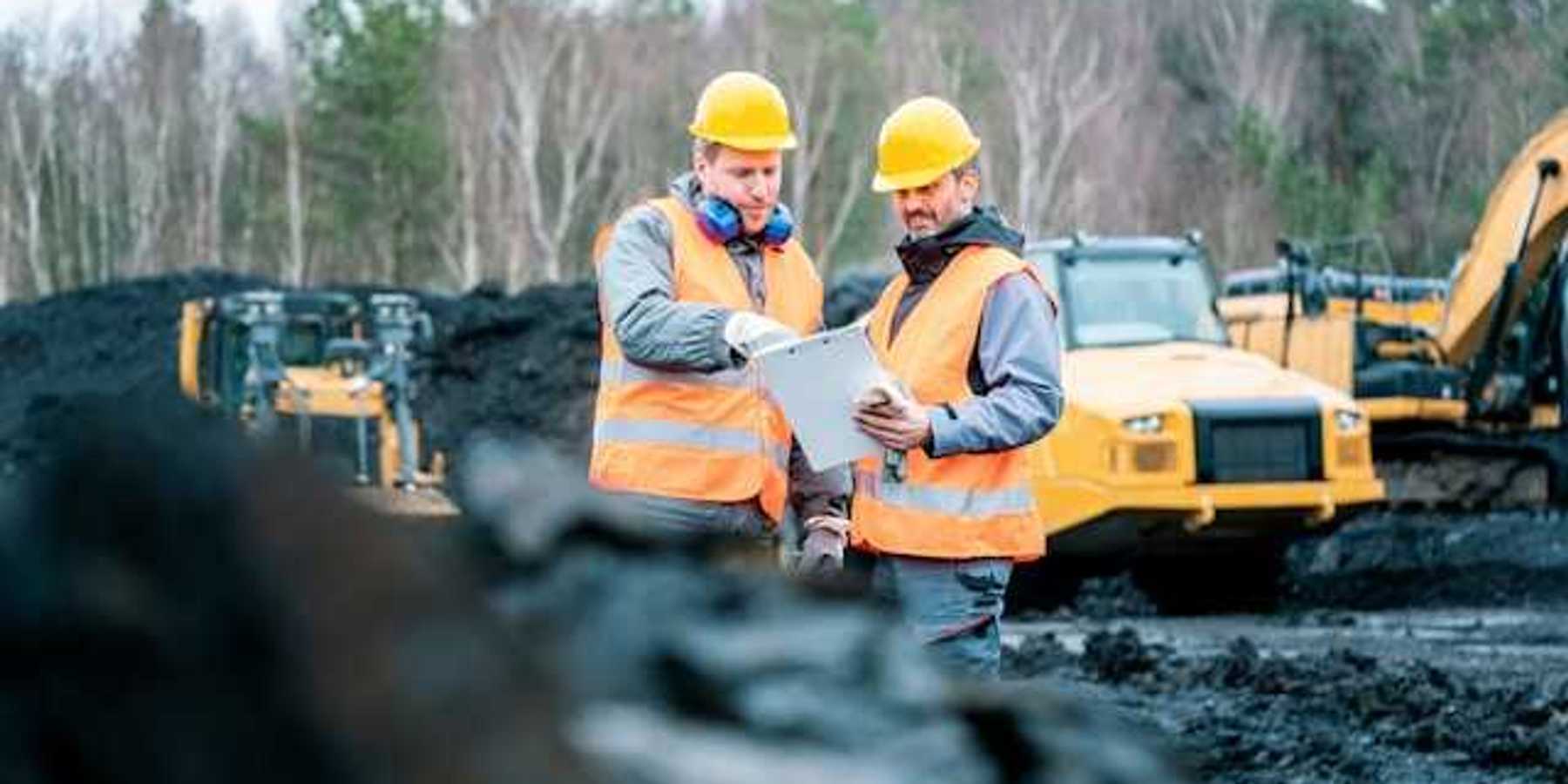liquified natural gas
The Gulf Coast’s LNG boom is making life unlivable for some residents
When Venture Global began building one of the world’s largest liquefied natural gas hubs in Plaquemines Parish, residents found themselves battling water shortages, clogged roads, and overwhelmed emergency services.
In short:
- Residents face deteriorating water quality, traffic gridlock, and longer emergency response times since construction began.
- The plant’s construction is straining local resources, pushing some families to seek buyouts and relocate.
- Health concerns are growing as pollution increases, with some fearing their town will become the next “Cancer Alley.”
Key quote:
“I don’t care if I have to live in a cardboard box – I want out.”
— Denise Orgeron, resident
Why this matters:
Beyond Plaquemines, this is a story of environmental disruption across the Gulf Coast, where industrial expansion is reshaping both the landscape and the lives of the people who call it home. Health and well-being are on the line, and many are starting to wonder whether the price of progress is simply too high. Read more: LNG production comes with a price, Gulf Coast communities warn.
Europe's liquefied natural gas buildout collides with waning demand
As part of its efforts to wean itself off Russian energy, Europe has sought to import more natural gas from overseas, erecting new terminals for processing deliveries of liquefied natural gas. But this new capacity is set to far exceed demand, an analysis finds.
After litigation and local outcry, energy company says it will not move forward with LNG plant in Florida Panhandle
The company says it reached the decision months ago, although residents only learned of it this week.
Developer confirms funding for massive Rio Grande gas terminal
In a nutshell:
The LNG development of the Port of Brownsville will result in one of the largest gas export terminals in the world and further reinforce the industrial domination of the Gulf Coast from Louisiana to the border with Mexico. Legal moves and countermoves continue to fly with opponents challenging the Army Corps of Engineers and the Federal Energy Regulatory Commission on impact decisions such as air quality, environmental justice and a determination by FERC that the project is in the public interest.
Key quote:
“The oil and gas companies and the politicians can’t find it in their hearts to keep the industry in an industrial space,” said Lela Burnell, the daughter of a shrimper in the Port of Brownsville and the plaintiff in multiple lawsuits against plans for Rio Grande LNG. “Why do they feel like they need to just inundate and take over the whole coast? They don’t want to leave one spot where there is a sanctuary or a safe zone for nature.”
Big picture:
Since Congress legalized oil and gas exports in 2015, seven LNG export terminals have been built with three more under construction and beyond that 11 additional projects have been permitted. The greenlighting of the Brownsville terminal would signify a heartbreaking defeat for those who had hoped to keep the Rio Grande Delta free of major fossil fuel facilities and also make way for fracked gas transport from the Permian Basin via the proposed Rio Bravo pipeline and subsequent export via ocean-going tankers. Fossil-fuel supporters laud LNG as an emissions-friendly successor to coal and key to a lower-carbon future while LNG opponents dismiss such rosy platitudes as just so much greenwashing.
Get the full story in Inside Climate News.
Developer confirms funding for massive Rio Grande gas terminal
The Port of Brownsville was the last major deepwater port of Texas still undeveloped by large fossil fuel projects.
There’s a place for B.C.’s gas in a net-zero future. But not for long
LNG Canada is predicting a 40-year run for its massive gas liquefaction and export project in Kitimat, B.C. A recent report from Canada’s energy regulator cuts that lifespan in half, if countries around the world meet climate targets.
German leaders promise that new liquefied gas terminals have a green future, but clean energy experts are skeptical
The government says that proposed onshore terminals could one day be converted to produce clean hydrogen. But that technology is in the embryonic stage, stirring worry that the terminals will simply prolong the use of fossil fuels.









